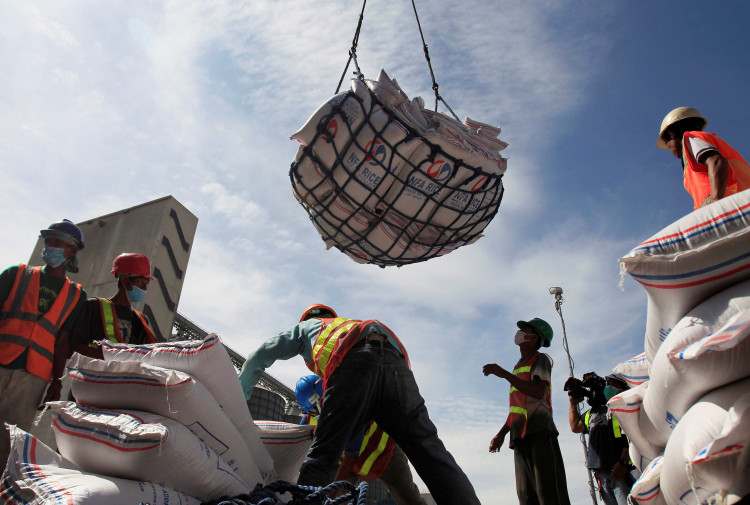The Philippines recorded a trade deficit of $41.44 billion in 2018 as exports slipped while import figures improved. The figures account for the biggest yet in the history of Filipino trade.
According to local newspaper Inquirer, the Philippine Statistics Authority (PSA) released preliminary data indicating that the trade deficit, instead of contracting, widened over the past two years from $26.702 billion in 2016 and $27.38 billion the following year.
The government agency noted that current account deficits ballooned as more dollars were recorded to have been spent in importing goods. This also resulted in more pressure to the Philippine peso as it weakened further in 2018, hitting a 12-year low.
Socioeconomic Secretary and Head of the National Economic and Development Authority (NEDA) Ernesto M. Pernia expressed fears about the country's widening trade deficit. "A widening current account balance due to rising capital goods imports and anemic exports growth is a cause for concern," he said.
Pernia added that the widening gap is an implication that there is a need to impose reforms on legislation so as to allow for foreign investments within companies that support the domestic market. While expanding import activities are a good thing, Pernia stressed that exports should also be given as much attention.
In December, imports slowed down for the first time in over a year, narrowing the country's trade gap. The PSA noted that merchandise exports still dropped by 18 percent compared to the data in 2017.
The Philippine Star reported that outbound shipments of machinery and other transport-related equipment saw a sharp decline last year. Electronic products and other manufactured goods also slipped.
Trade Secretary Ramon Lopez cited the global growth slowdown as one of the key factors that affected the Philippine export decline. He said that softening demand had an impact on the economy as other Asian countries also showed distress by the end of 2018.
Despite the trade deficit records that sparked concerns among economists, the HSBC predicted that the Philippines will grow faster than other countries in Asia in 2019.
According to ABS-CBN News, HSBC Managing Director and Co-Head of Asian economics research, Frederic Neumann told ANC'S Market Edge that inflation has started easing and will likely stay in place at less than 4 percent before the year ends.
"The Philippines will lead in absolute growth terms," Neumann predicted, adding that this scenario will take place whether or not there are global risks at stake.





